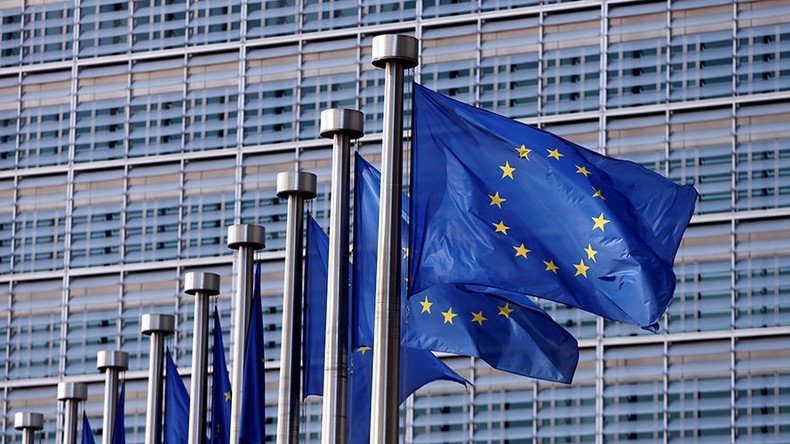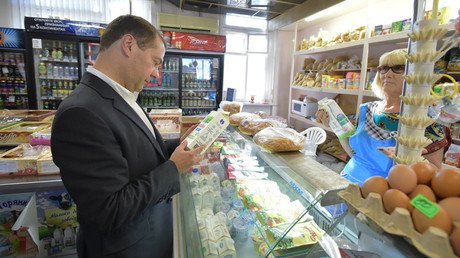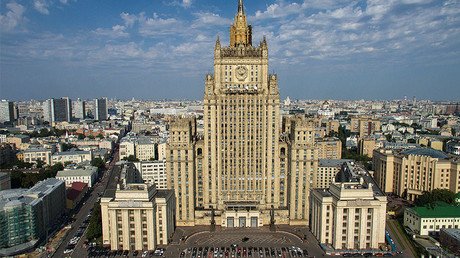EU extends Russia sanctions over Ukraine crisis

The EU will leave the economic sanctions it has imposed on Russia in place for another six months, saying that “not enough progress” has been made in fulfilling the Minsk peace agreement, to which Kiev is a party.
“It was clear that we would prolong the sanctions for six months,” European Council President Donald Tusk told a press conference following the EU summit in Brussels, noting that, although “some of our colleagues would prefer [to extend sanctions] maybe [for] 12 months,” there was not much of a debate on the issue.
Reuters reported that Poland was one of the states that had been pushing for a longer extension, but its proposal was dismissed by other countries, particularly Italy, which has opposed the sanctions on previous occasions, saying they are detrimental to its economy.
READ MORE: Russian sanctions cost Italy €7bn and up to 200,000 jobs – Italian MP
When asked if the EU might change its approach to Russia, including its sanctions policy, after President-elect Donald Trump assumes the US presidency in January, Tusk refused to speculate, saying that “we have too many signals.”
At the same time, he noted that the leaders had not discussed introducing an additional package of punitive measures against Russia in connection with situation in Syria.
The EU leaders cited a lack of progress in implementing the Minsk Accords as their justification for extending the sanctions. That agreement outlines steps that should be taken to secure a political resolution of the military conflict between rebels in the self-proclaimed Peoples’ Republics of Donetsk and Lugansk in eastern Ukraine, and the coup-installed government in Kiev. The EU alleges that Moscow is backing the rebels militarily and influencing their rapprochement with Kiev.
“French President [Francois Hollande] and I… reported that the implementation is going at a slow pace, but this is a single foundation we have,” German Chancellor Angela Merkel said, adding that “unfortunately, the progress is not enough for us to be able to say that we can ease the sanctions on that basis.”
READ MORE: Ukrainian minister says Donbass residents genetically unfit for national culture
Hollande pointed out that reconciliation in Ukraine is a two-sided process and is impossible without Kiev’s commitment to the deal.
“The Ukrainian government should, also, for its part, fulfill its obligations under the Minsk Accords,” the French president said.
Meanwhile, in a telephone call that US Vice President Joe Biden had with Ukraine’s President Petro Poroshenko and Prime Minister Volodymyr Groysman, Washington welcomed the prolongation of sanctions, the White House said in a statement.
Russian Prime Minister Dmitry Medvedev said that Moscow will also continue with its embargo on EU food imports that was put in place in response to the EU sanctions as a countermeasure.
“We have retained those countermeasures so far, but should be ready, as sooner or later this period will end, and competition will be here again,” Medvedev said on Thursday. However, he also explained that the restrictions had been introduced, “not to annoy our Western partners,” but rather to give Russian business a boost.
After the people of Crimea overwhelmingly voted to reunite with Russia following the overthrow of Ukrainian President Viktor Yanukovich in a violent coup in February of 2014, and the consequent turmoil in Ukraine, the EU imposed an array of economic sanctions on Russia’s banking, energy and defense sectors. Russia responded with countermeasures, including a food embargo on the countries that backed the sanctions.














